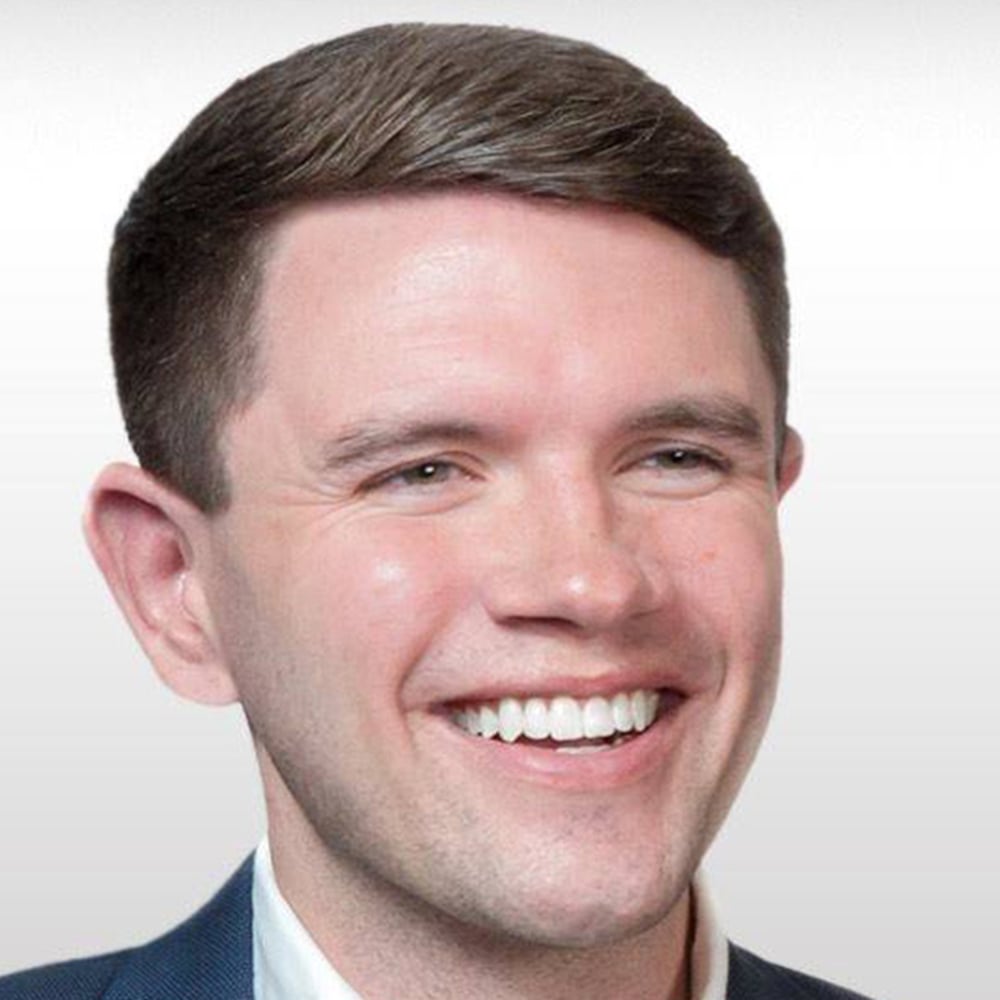Fundraising. What did you think I was going to say?
In his first public appearance after launching his U.S. Senate bid, state Rep. James Talarico said he had sprinted over the highest hurdle a first-time candidate for statewide office must face: proving he can attract the kind of money it takes mount a credible campaign in a state the size of Texas.
“Twelve hours ago, we started with zero dollars in our Senate campaign account,” the 36-year-old Austin Democrat told an enthusiastic audience at the outdoor rally on Sept. 9. “But in just 12 hours, thousands of people across this state, across this country, giving $5, $10, $15, have (contributed) more than $1 million.”
The boast carried a familiar ring. Two years earlier, Democratic U.S. Rep. Colin Allred of Dallas used the same example in the early hours of his Senate campaign to show that he had the wherewithal to compete in a state long dominated by Republicans. At that time, Allred claimed a fundraising haul of $3 million in the first 36 hours. By the time he won the primary, Allred had collected more than $21 million and outraised his nearest rival for the Democratic nomination by a margin of 20-1. He then lost to U.S. Sen. Ted Cruz in the general election.
Now, both Allred and Talarico are in the race, meaning the primary could become especially expensive. That is raising questions about whether the Democratic donor base can afford to underwrite the cost when the final outcome in November 2026 remains very much in doubt for the party.
“Texas isn’t the only state with a competitive U.S. Senate primary,” said University of Houston political science professor Brandon Rottinghaus. “So how much are donors going to be willing to invest in a state where the chances of winning in November haven’t been all that great?”
Democratic consultant Glenn Smith, who has run two statewide campaigns in the past but is no longer involved in elective politics, said Talarico’s early fundraising numbers, like those of Allred two years ago, demonstrates Democratic excitement heading into the midterm election. The challenge for any candidate is to convert excitement into action.
“If I were them, I’d be bragging about (early fundraising prowess), too. But money is not the true measure,” Smith said, adding that candidates still have to develop and sell a winning message and do the nuts-and-bolt work of campaigning. “It’s like having a newborn colt and going out and betting he’ll win the Kentucky Derby. A lot’s got to happen.”
Yes, a lot has to happen, money isn’t everything, lots of other candidates are out there seeking money, yadda yadda yadda. Having the resources to run an actual statewide campaign, with the ability to reach out to millions of voters, is a necessary condition of being a credible candidate. Talarico passed the first test. Believe me, if he hadn’t pulled in a decent number since his announcement, that would be news too, just really not the kind you want. Now we go from here.

